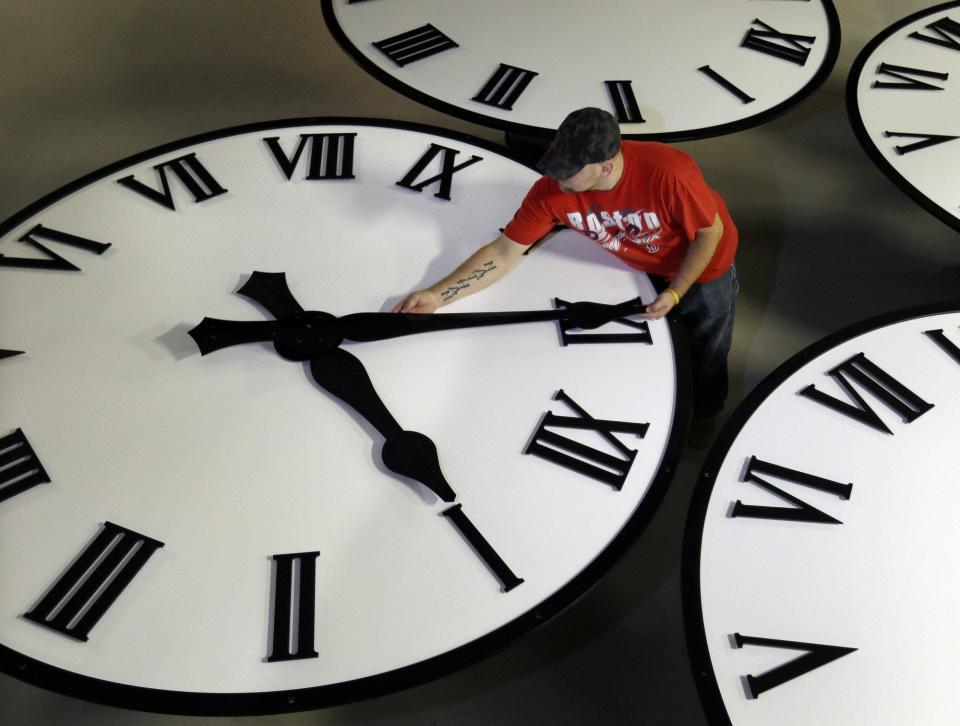Louisiana ready to make daylight saving time permanent, but House unlikely to vote
If you were hoping Nov. 6 would be the beginning of the end of the twice-annual ritual of changing clocks to match the adjustment of daylight saving time, the chances are dim.
A top staffer for one of Louisiana's members of the U.S. House of Representatives told USA Today Network it's unlikely the House will take up the Senate bill this year to permanently extend daylight saving time from eight months to year-round.
"We're coming back after the election, but the (Sunshine Protection Act) isn't on the radar for now, though that could change," said the chief of staff who asked for anonymity because he isn't authorized to speak on the House calendar.
Last spring the U.S. Senate unanimously passed the Sunshine Protection Act to make daylight saving time permanent, but the bill by Republican Florida Sen. Marco Rubio hasn't gotten a vote in the House.
If the House doesn't take up the bill before the new Congress convenes in 2023, the effort would have to start from scratch.
Rubio argued a permanent dose of extended sunshine could do everything from reducing vehicle accidents to reducing crime.
"There's some strong science behind it that is now showing and making people aware of the harm that clock switching has," Rubio said on the Senate floor. "We see an increase in heart attacks and car accidents and pedestrian accidents in the week[s] that follow the changes.
"The benefits of Daylight Saving Time have also been accounted for in the research. For example, reduced crime as there's light later in the day. We've seen decreases in child obesity, a decrease in seasonal depression that many feel during Standard Time."
If Congress ever does make daylight saving time permanent Louisiana will be ready as one of at least 20 states that would adopt it automatically, thanks to a 2020 bill by Republican state Rep. Dodie Horton of Haughton.
"We'll be ready to roll right into it," Horton told USA Today Network. "It helps people's psyche, production and saves energy. The more sunshine the better people feel. It makes sense to me."
Daylight saving time was first implemented in the U.S. as a wartime measure in 1918 for seven months during World War I in the interest of adding more daylight hours.

A poll from The Associated Press-NORC Center for Public Affairs Research conducted in October 2021 found only 25% of Americans said they preferred to switch back and forth between standard and daylight saving time.
However, 43% of survey respondents said they wanted to see standard time (the hours observed roughly for most of November into March) for the entire year, while 32% said they would prefer daylight saving time.
Horton said she believes extended daylight hours boost people's moods and provide other benefits.
If the federal Sunshine Protection Act becomes law while daylight saving time is being observed, Louisiana will never return to standard time. If it's passed while standard time is being practiced, the new law would become effective at 2 a.m. on the second Sunday in March.
Greg Hilburn covers state politics for the USA TODAY Network of Louisiana. Follow him on Twitter @GregHilburn1.
This article originally appeared on Lafayette Daily Advertiser: Congress unlikely to take up daylight saving time, but Louisiana ready

